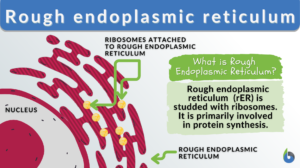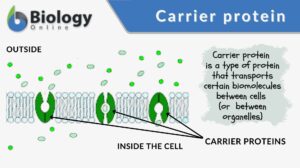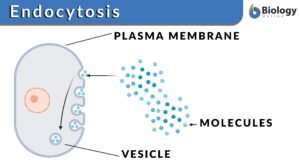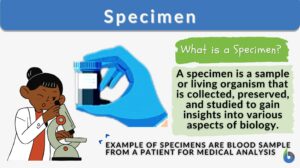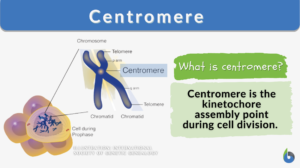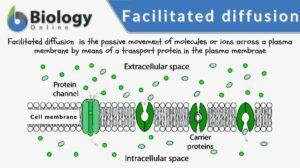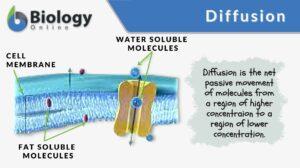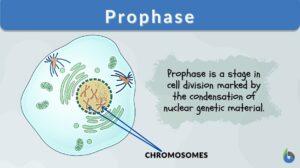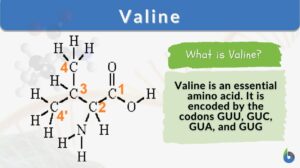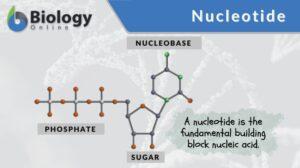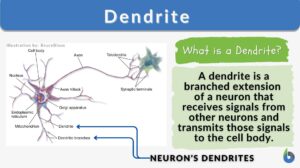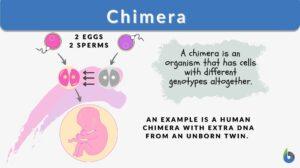Search Results for: integral protein
Integral protein
Definition noun, plural: integral proteins A protein molecule or protein assembly permanently attached in biological... Read More
Endoplasmic reticulum
Endoplasmic Reticulum Definition The endoplasmic reticulum is a membrane-bound organelle in cells of eukaryotic cells... Read More
Fluid mosaic model
Fluid Mosaic Model Definition What is the fluid mosaic model? The fluid mosaic model is a three-dimensional representation... Read More
Plasma membrane
Do all cells have a plasma (or cell) membrane? Yes, all cells have a biological membrane that separates the protoplasm from... Read More
Rough endoplasmic reticulum
Rough Endoplasmic Reticulum Definition The rough endoplasmic reticulum (rough ER or rER) is a membrane-bound organelle... Read More
Erythrocyte
Erythrocyte Definition Erythrocytes (red blood cells or RBCs) are the myeloid series of specialized cells that play an... Read More
Carrier protein
Carrier protein is a type of cell membrane protein involved in facilitated diffusion and active transport of substances out... Read More
Cell Structure
The interior of human cells is divided into the nucleus and the cytoplasm. The nucleus is a spherical or oval-shaped... Read More
Peripheral membrane protein
Definition noun, plural: peripheral membrane proteins A protein that temporarily adheres to the biological membrane, either... Read More
Movement of Molecules Across Cell Membranes
Diffusion Diffusion is essentially the movement of molecules from a region of higher concentration to a region of lower... Read More
Membrane protein
Definition noun, plural: membrane proteins A type of protein that is attached to, or associated with, a biological... Read More
Cytoskeleton
Definition noun plural: cytoskeletons cy·to·skel·e·ton (cell biology) The lattice or internal framework of a cell... Read More
Endocytosis
Endocytosis Definition What is endocytosis in biology? Endocytosis is a cellular process by which a cell internalizes any... Read More
Integral membrane protein
Definition noun A protein molecule (or assembly of proteins) that is permanently attached or firmly anchored in the plasma... Read More
Centromere
Centromere Definition Centromere is defined as the point of attachment for the sister chromatids generated after DNA... Read More
Cell membrane
Cell Membrane Definition Just like any non-living body possesses a plastic or paper packaging material that keeps the... Read More
Cell division
Cell division is a biological process by which a parent cell duplicates its cell contents and divides to give rise to two or... Read More
Intrinsic protein
Definition noun, plural: intrinsic proteins Any of the group of integral membrane proteins that facilitate specific... Read More
Facilitated diffusion
Facilitated diffusion is the transport of substances across a biological membrane from an area of higher concentration to an... Read More
Cell adhesion
Cell Adhesion Definition Cell adhesion is the process in which a cell uses a specialized complex of proteins to get... Read More
Y chromosome
Y chromosome Definition The Y chromosome constitutes one member of the pair of sex chromosomes within an organism, a common... Read More
Chlorophyll
Why are most plants green? Have you ever had the same question? Perhaps, you’ve been told that the plants are green... Read More
Nucleotide
Nucleotide Definition A nucleotide is regarded as the basic building block of nucleic acid (e.g. DNA and RNA). A nucleic... Read More
Plant Metabolism
Introduction Plants are responsible for incredible feats of molecular transformation. The processes are always being... Read More
Transmembrane proteins
transmembrane protein (Science: cell biology) A protein subunit in which the polypeptide chain is exposed on both sides of... Read More
Pyrimidine
Definition noun plural: pyrimidines py·rim·i·dine, py·rim·i·dine A heterocyclic aromatic compound that presents as... Read More
Ribonucleotide
Definition noun plural: ribonucleotides ri·bo·nu·cle·o·tide, ˌraɪbəʊˈnjuːklɪəˌtaɪd A form of nucleotide in... Read More




